Australia's sanctions on Russian oil have been found to contain a loophole, allowing millions of tonnes of Russian oil products to be imported into the country through a port part-owned by Macquarie Bank. Despite stopping direct fuel purchases from Russia after its invasion of Ukraine, Australia has imported over 3 million tonnes of Russian oil products since 2023.
According to data, the majority of these imports have been traded through the Jurong Island port in Singapore, which is part-owned by Macquarie Bank. This has raised concerns that Australian businesses may be indirectly supporting the Kremlin's tax revenues through these purchases.
Financial details reveal that the imports have been valued at over $2 billion, with the majority of the oil products being sold on to Australian businesses. The data also shows that the imports have been increasing steadily since 2023, with a significant spike in the second half of the year.
Market impact and context suggest that Australia's sanctions on Russian oil have been ineffective in preventing the importation of Russian oil products. The country's sanctions allow for the purchase of Russian oil through third countries, which has created a loophole that has been exploited by companies looking to circumvent the rules.
Macquarie Bank, one of Australia's largest financial institutions, has been at the centre of this controversy. The bank's ownership of the Jurong Island port has raised questions about its role in facilitating the importation of Russian oil products into Australia.
Company background reveals that Macquarie Bank has a significant presence in the global energy market, with a portfolio of assets that includes oil refineries, pipelines, and storage facilities. The bank's involvement in the Jurong Island port has been a key factor in the importation of Russian oil products into Australia.
Future outlook suggests that the loophole in Australia's sanctions on Russian oil is likely to continue to be exploited by companies looking to circumvent the rules. This has significant implications for the country's efforts to reduce its reliance on Russian oil and to support the Ukrainian government in its conflict with Russia.
Experts say that the loophole in Australia's sanctions is a result of the country's failure to tighten its import rules in line with the EU and the UK. The EU and the UK have implemented stricter sanctions on Russian oil, including a ban on the importation of Russian oil products through third countries.
In conclusion, the loophole in Australia's sanctions on Russian oil has significant implications for the country's efforts to reduce its reliance on Russian oil and to support the Ukrainian government in its conflict with Russia. The issue highlights the need for Australia to tighten its import rules and to close the loophole that has been exploited by companies looking to circumvent the rules.
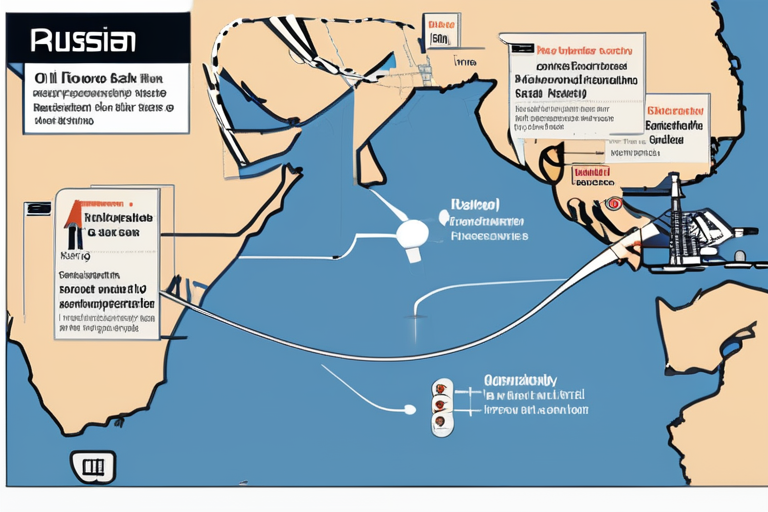


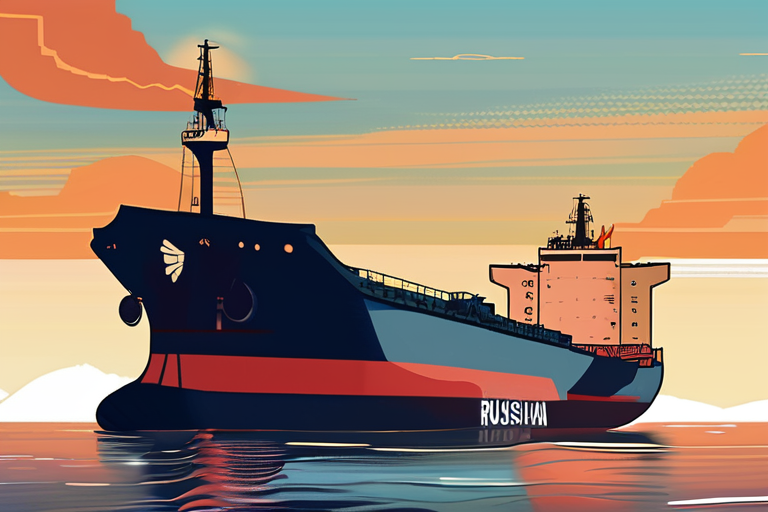



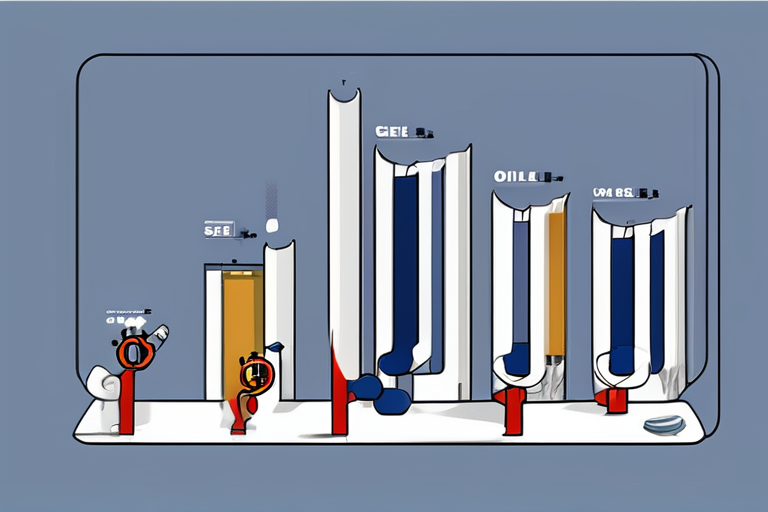
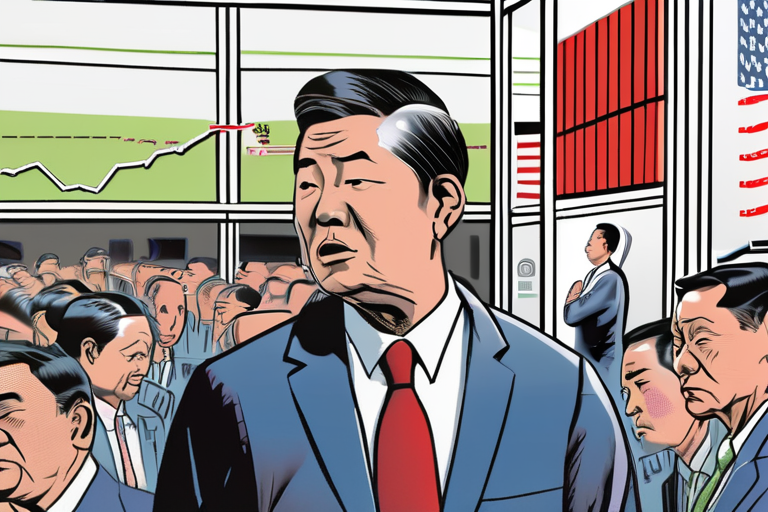



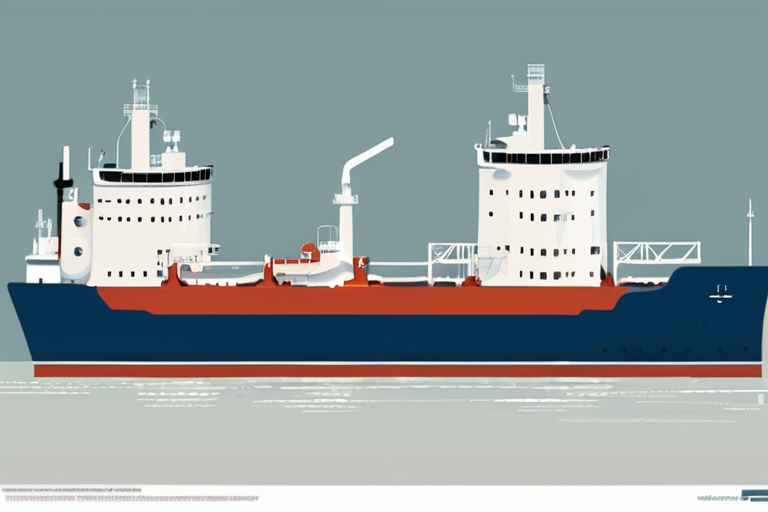














Share & Engage Share
Share this article